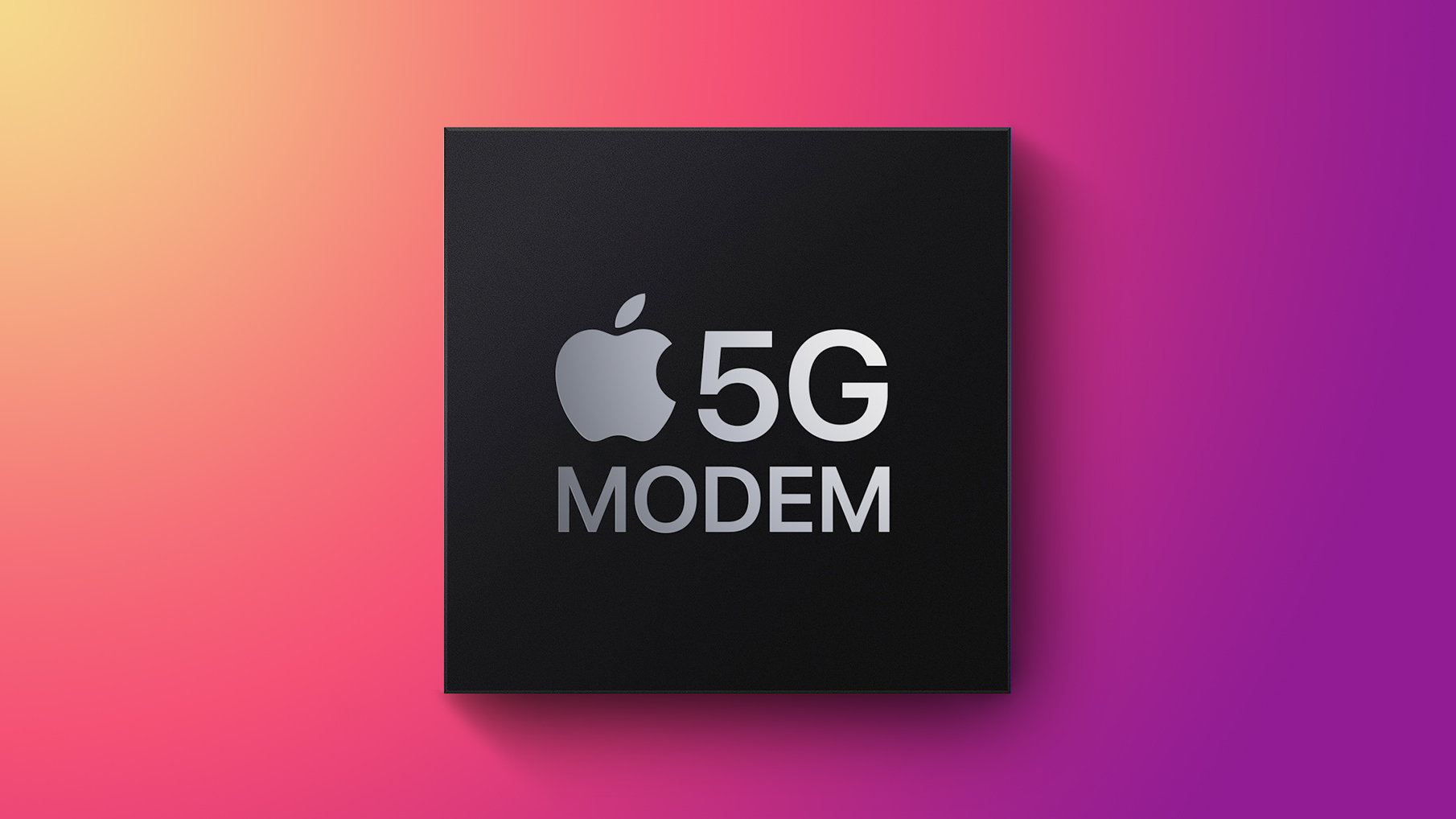
For the last several years, Apple has been working to develop its own 5G modem chip so that it won't need to rely on Qualcomm as a supplier, but according to Apple analyst Ming-Chi Kuo, Apple's efforts "may have failed."

Kuo says that his "latest survey" suggests that development on the chip has stalled, which means Qualcomm would remain the exclusive supplier for 5G chips for the 2023 iPhone models. Previously, Kuo believed that Apple's 2023 iPhones would use modem chips designed in-house rather than Qualcomm chips.
Qualcomm is now expected to supply 100 percent of chips for the 2023 iPhone models, rather than just 20 percent. Kuo expects that Apple will continue to develop its own 5G chips, but it will take more time for the work to be completed and satisfactory for use in iPhones and other devices.
It is not clear why Apple will not be able to have its modem chips ready in time for the 2023 iPhone launch, but the company has been aiming to get away from Qualcomm for years now. Apple had a protracted legal battle with Qualcomm and planned to use Intel 5G chips in the 2020 iPhones, but that ultimately was not possible as Intel was not able to manufacture 5G chips that met Apple's standards.
Apple ended up settling its lawsuit with Qualcomm in 2019, and since then, has used Qualcomm 5G modems in the iPhone and iPad lineups. Since then, Apple has been developing its own modem chip, and it even purchased Intel's modem chip business to get a head start, and rumors suggested Apple was on track for a 2023 launch. Last year, Qualcomm even said that it expected to supply just 20 percent of the modem chips used in iPhones in 2023, but it sounds like Qualcomm may be producing chips for Apple for at least another two iPhone generations.
Article Link: Kuo: Apple's Work on 5G Modem Chip 'Failed,' Qualcomm to Remain Supplier for 2023 iPhones
Last edited:

